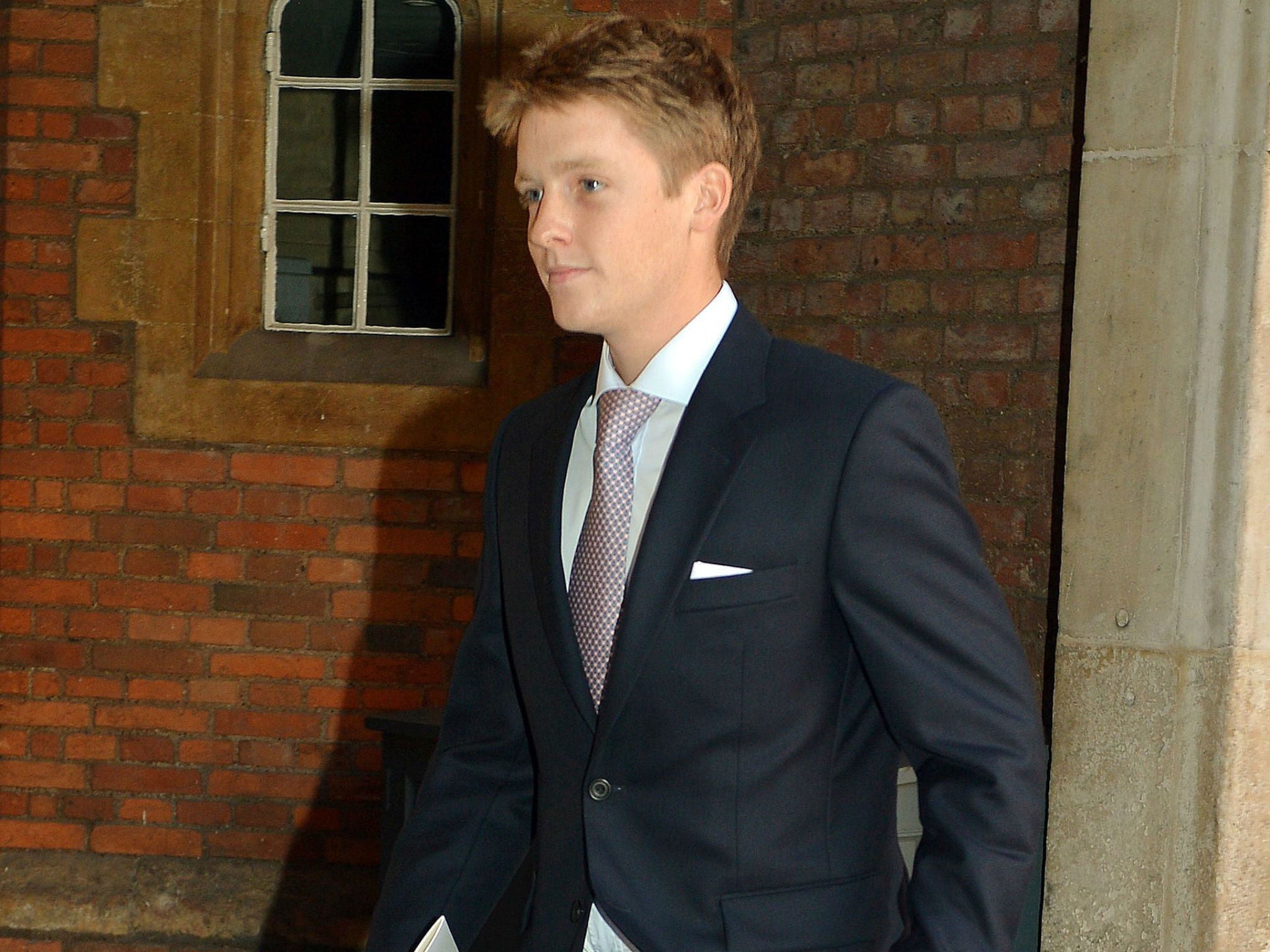If we’re serious about tackling wealth inequality, we need to tackle aristocratic trust funds
We need to sweep away the fiction of 'ownerless' family wealth


Gerald Grosvenor, the Duke of Westminster, was one of the richest men in Britain, worth an estimated £9bn. He was so wealthy mainly due to the happy fact that one of his ancestors acquired most of Mayfair and Belgravia 300 years ago.
When Gerald died last year, the Duke’s 26-year-old son, Hugh, inherited the family title. So how much inheritance tax was payable on that £9bn fortune as it passed down to the next lucky Grosvenor generation? Given the current rules state that the inheritance tax rate on an estate worth more than £325,000 is 40 per cent, you might be thinking of a number well in to the billions. But think again. Go lower. Much lower.
In fact, go all the way down to zero. Why? It would appear that, in the eyes of the tax authorities, Hugh didn’t inherit a penny of that £9bn, so no inheritance tax was due from him.
This is because the Grosvenor family assets are legally owned by a series of “trusts”*. The only thing that changed when Gerald died was that Hugh became the primary beneficiary of those trusts, receiving regular cash pay-outs at times decided upon by the trustees.
Of course, this is a fiction. The effective owner of the assets is not the trust but the beneficiary. This is something the society magazines know well enough. Tatler claimed last year that Hugh was the owner of “half of London”. The young man was listed as the ninth wealthiest person in Britain by the 2017 Sunday Times Rich List. It seems unlikely we will read a correction in those publications any time soon. And that’s because Hugh really is, as Vanity Fair, puts it “absurdly rich”.
In amongst the detail of the “Paradise Papers” last week were a number of offshore trusts. Most notable among them was a $450m (£340m) trust established by the major Tory donor Lord Ashcroft in which he is apparently himself one of the beneficiaries.
When the former Conservative candidate for London mayor Zac Goldsmith was induced to publish his tax returns last year, we discovered he is the fortunate beneficiary of an offshore trust set up by his father Sir James Goldsmith. Zac received around £5m in income from the trust between 2010 and 2015, dwarfing his MP’s salary. To most people that would look like an inheritance from Sir James, who died in 1997. But not, alas, to the taxman.

It’s no secret that the UK’s inheritance tax is not fit for purpose. The super-rich can bypass it with their trusts. But gaping loopholes, such as the ability to pass on gifts to other family members so long as one does not die within seven years, have rendered it more or less optional for the accountant-advised upper middle classes too. At the other end of the wealth spectrum, the obsession from politicians of all stripes with raising the threshold at which it becomes payable (so that it’s now almost £1m) have hollowed it out as a revenue raiser.
Inheritance tax brought in £4.9bn in 2016-17. That’s up on the £3.6bn raised from the levy in 2006-07. But the Office for National Statistics estimates that between 2007 and 2014 the aggregate net worth of the household sector soared from £7.2 trillion to £9.4 trillion. Wealth is absurdly under-taxed in Britain.
Independent taxation experts like the Institute for Fiscal Studies recommend that politicians replace the irredeemably leaky inheritance tax with a new lifetime gifts tax. It’s a very good idea, but it would not deal with the issue of the effective transfer of wealth held in family trusts.
The Tax Justice Network is calling for a public registry of all onshore and offshore trusts, with beneficiaries named. While this would certainly bring valuable transparency to a region of damaging opacity, it would not, in itself, solve the under-taxation problem.
We know well enough that this form of tax dodging by the super-rich is going on – the question is how to stop it. If we’re serious about reducing the massive inequalities of wealth in our society we need to sweep away the fiction of “ownerless” aristocratic family wealth. We have trust issues to deal with.
*Representatives for the Grosvenor estate point out that its trusts are now subject to an HMRC charge every 10 years of up to 6 per cent of the trust's assets. However, the calculation of the tax liability of a trust is complex and certain reliefs are available. Grosvenor has not disclosed how much tax it has paid under this 10 year levy since the first of its trusts were established in the 1950s and has no plans to do so.
Mark Preston, the executive trustee of the Grosvenor Estate, responds in a letter here
Join our commenting forum
Join thought-provoking conversations, follow other Independent readers and see their replies
Comments
Bookmark popover
Removed from bookmarks